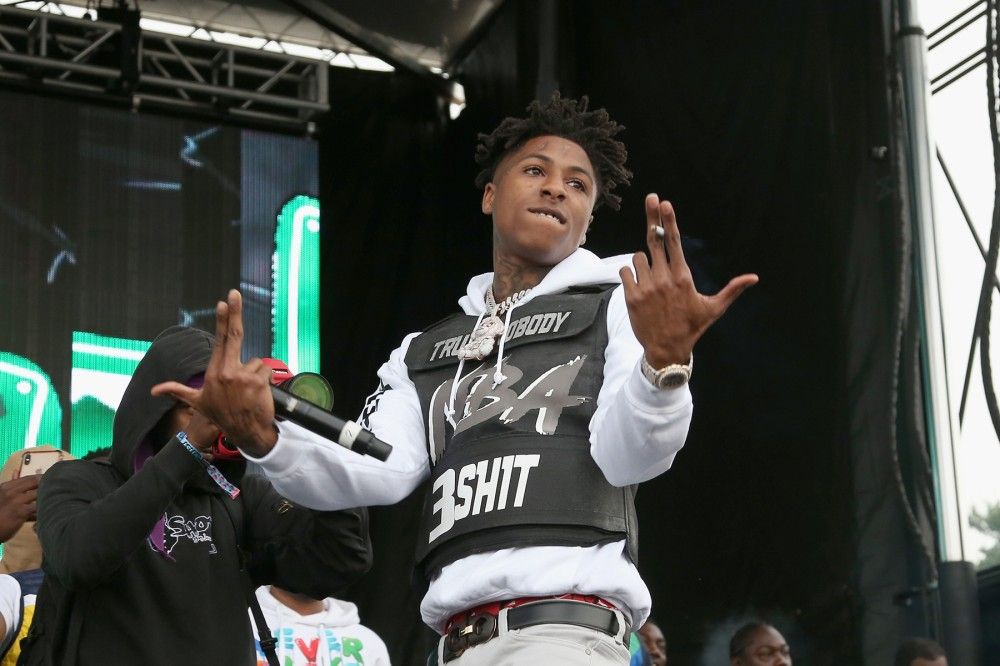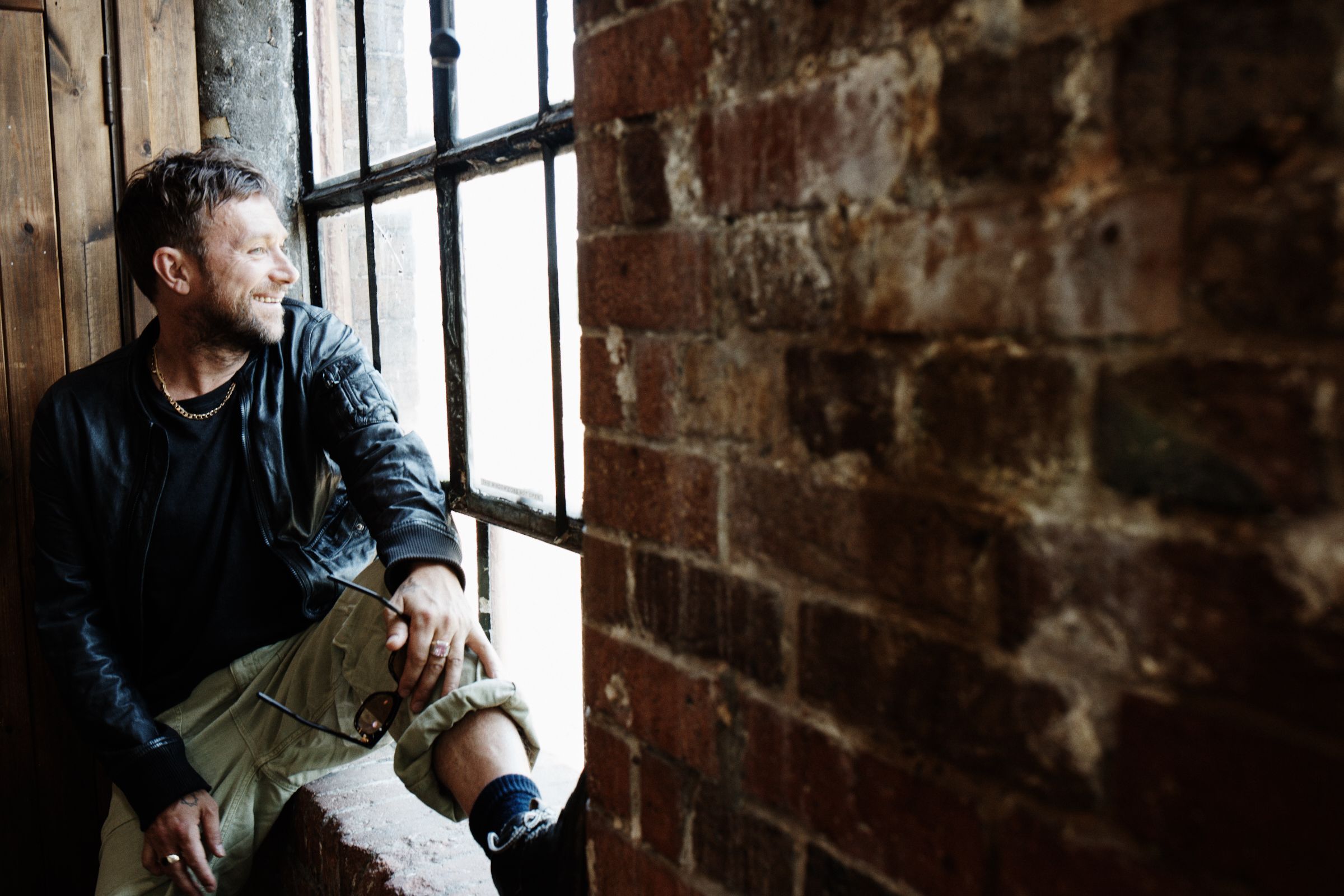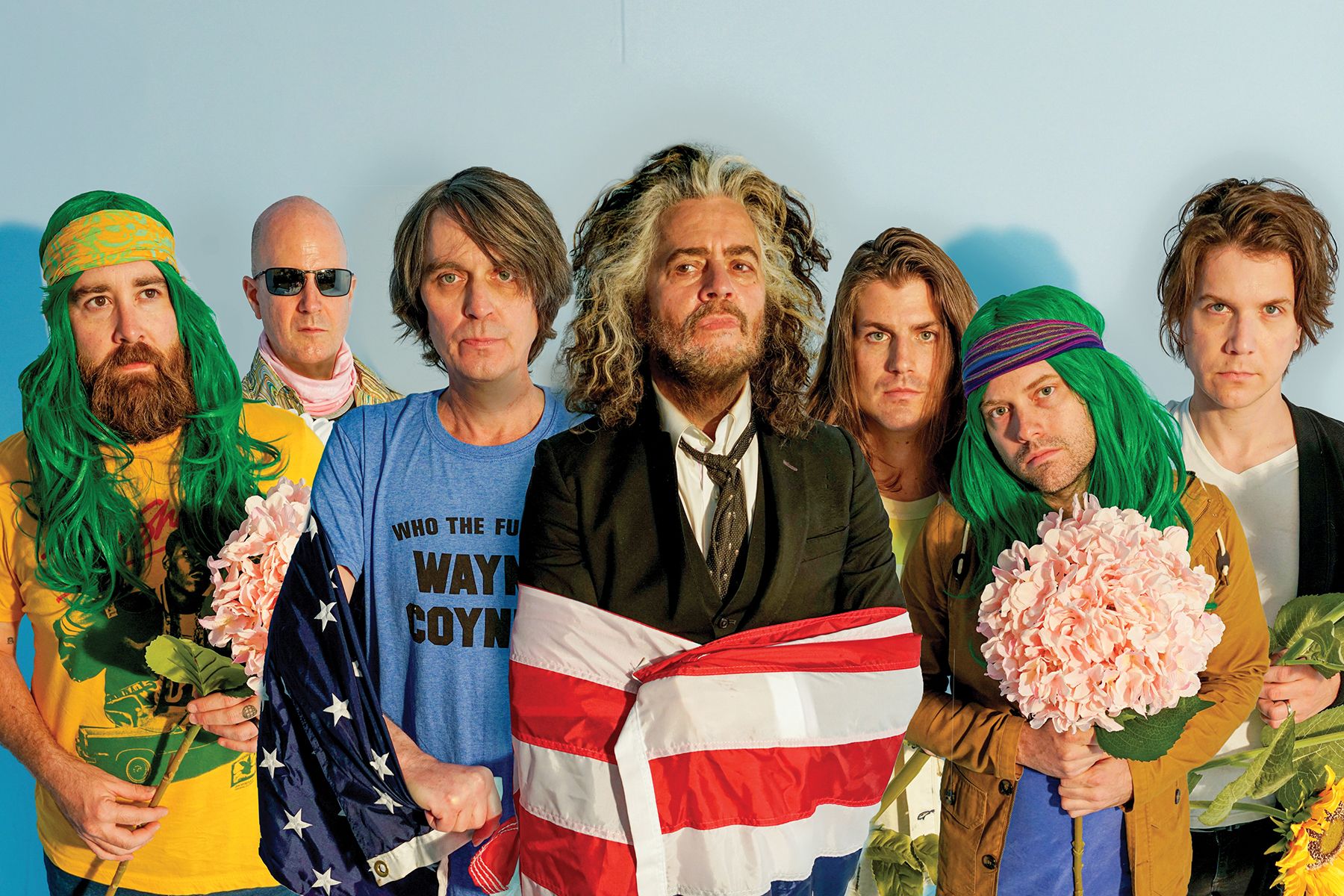
NBA YoungBoy Scored a Major Win on First Day of His L.A. Felony Gun Trial
Chart-topping rapper YoungBoy Never Broke Again appeared in a federal courtroom in Los Angeles Tuesday to begin one of the two felony gun possession trials he’s currently facing. As his first order of business before jury selection and opening statements, the judge ruled to exclude the use of YoungBoy’s rap lyrics as evidence.
The decision from U.S. District Judge R. Gary Klausner marked a key ruling in the rapper’s favor amid the pending prosecutions — one in California, one in Louisiana — that are threatening to land the Sincerely, Kentrell artist in prison for years if he’s convicted.
Prosecutors sought to use lyrics from YoungBoy’s songs Gunsmoke, Life Support, and Lonely Child to prove their case. In a filing Monday, prosecutors said they wanted to use the lyrics “FN, Glock, MAC-10s” from Gunsmoke to show Gaulden’s alleged “familiarity and knowledge of FN, the high-end manufacturer of the gun found in (his) car that he denies knowingly possessing.”
YoungBoy, born Kentrell Gaulden, and his defense team successfully blocked the request, arguing in a dueling filing that the lyrics were irrelevant and could interfere with his right to a fair trial.
“These lyrics are highly prejudicial as they discuss hardcore rap which has been empirically established to be more negatively received than other genres of music. It would be one thing if the music described this arrest. But a song referencing a similar gun well before the gun in the indictment was purchased and another song referencing a jeweler whose relationship with Mr. Gaulden is not in dispute offer very minimal probative value and are substantially outweighed by the prejudice contained within the words of the songs,” Gaulden’s legal team led by Baton Rouge lawyers James P. Manasseh and André Bélanger wrote.
“Even if Mr. Gaulden is familiar with various models of guns and sings about them, it does not mean that he knew this particular gun was secreted on the passenger floor of the Maybach when police attempted to pull his car over to arrest him,” the defense argued.
Now serving pre-trial house arrest after his release from jail in October, Gaulden has pleaded not guilty in both the California and Louisiana cases that center on essentially the same charge: that he was a felon in possession of a firearm deemed off-limits due to his 2017 conviction for aggravated assault with a firearm.
The Louisiana case, set to be tried next, involves disputed allegations that Gaulden jointly possessed two guns when he was arrested along with 16 other Black men in Baton Rouge on September 28, 2020. After securing an indictment in that case, FBI agents began surveilling Gaulden in Los Angeles and coordinated with LAPD to pull over his Mercedes Maybach on March 22, 2021 to execute a felony arrest warrant.
Gaulden, unaware of the warrant, fled the traffic stop after one of the LAPD officers unholstered his weapon, his defense claims. A high-speed chase through a residential neighborhood ensued, prosecutors allege. Authorities ended up using a helicopter and a K-9 unit to find Gaulden about two hours later hiding in a stranger’s backyard. An FN .45 caliber pistol was eventually located on the backseat floorboard of the Maybach, as well as around $700,000 worth of high-end jewelry from Shyne Jewelers in Philadelphia and $25,000 cash, prosecutors say. Gaulden’s defense claims the gun was hidden under the seat by someone else, and that their client had no idea it was there.
“In the indictment, they use the world ‘knowingly.’ Knowingly means he has to be aware, and it is their burden to prove beyond a reasonable doubt that he was aware that that particular gun was in that particular car at that particular time. Not any gun, but that particular gun, that he knew it was in the car,” Manasseh said in his opening statement Tuesday.
“No one sees him at all with that firearm on that day,” the lawyer continued. “Nobody sees it on his person. Nobody sees it in his hands. Nobody sees it on his belt. Nobody sees it in his pocket. They have no fingerprint evidence to submit to you that indicates that he handled that firearm. They will not have any DNA evidence that they can present to you that will indicate that his DNA is on that firearm. In fact, what they’re going to show is that there are five different DNA profiles on that gun. So many that they can’t really identify and say whose might have been on it.”
In her opening statement, Assistant U.S. Attorney Amanda Elbogen urged jurors to ignore Gaulden’s status as a “successful rapper” and evaluate the case based on the evidence. “He makes a lot of very popular music, but that doesn’t make him above the law,” she said. She told the jurors they would would see an image showing Gaulden holding “what looks to be the exact same gun” on an earlier date in Baton Rouge.
“They’re never going to be able to say it’s the same gun,” Manasseh responded in his opening. “They’re not going to be able to prove it is a firearm. We’re going to show you evidence that there are Airsoft firearms that look like firearms but they’re not firearms – they’re used in entertainment.”
The trial in federal court in Los Angeles is expected to last four days.
The ruling to exclude Gaulden’s rap lyrics followed after a federal judge in Louisiana upheld a different key ruling last month that a cache of personal videos seized at the time of Gaulden’s Baton Rouge arrest nearly two years ago will remain off-limits to federal prosecutors due to an improper search warrant.




